New Research Suggests the Universe Doesn’t Have Dark Matter
A professor from Canada recently published a study on a controversial theory that could change how scientists view the building blocks of the universe.
The results argue that dark matter, once thought to make up the bulk of the material in the universe, doesn’t actually exist.
The Composition of the Universe
According to the current theory centered on the universe’s composition, it is made of regular matter, dark energy, and dark matter.
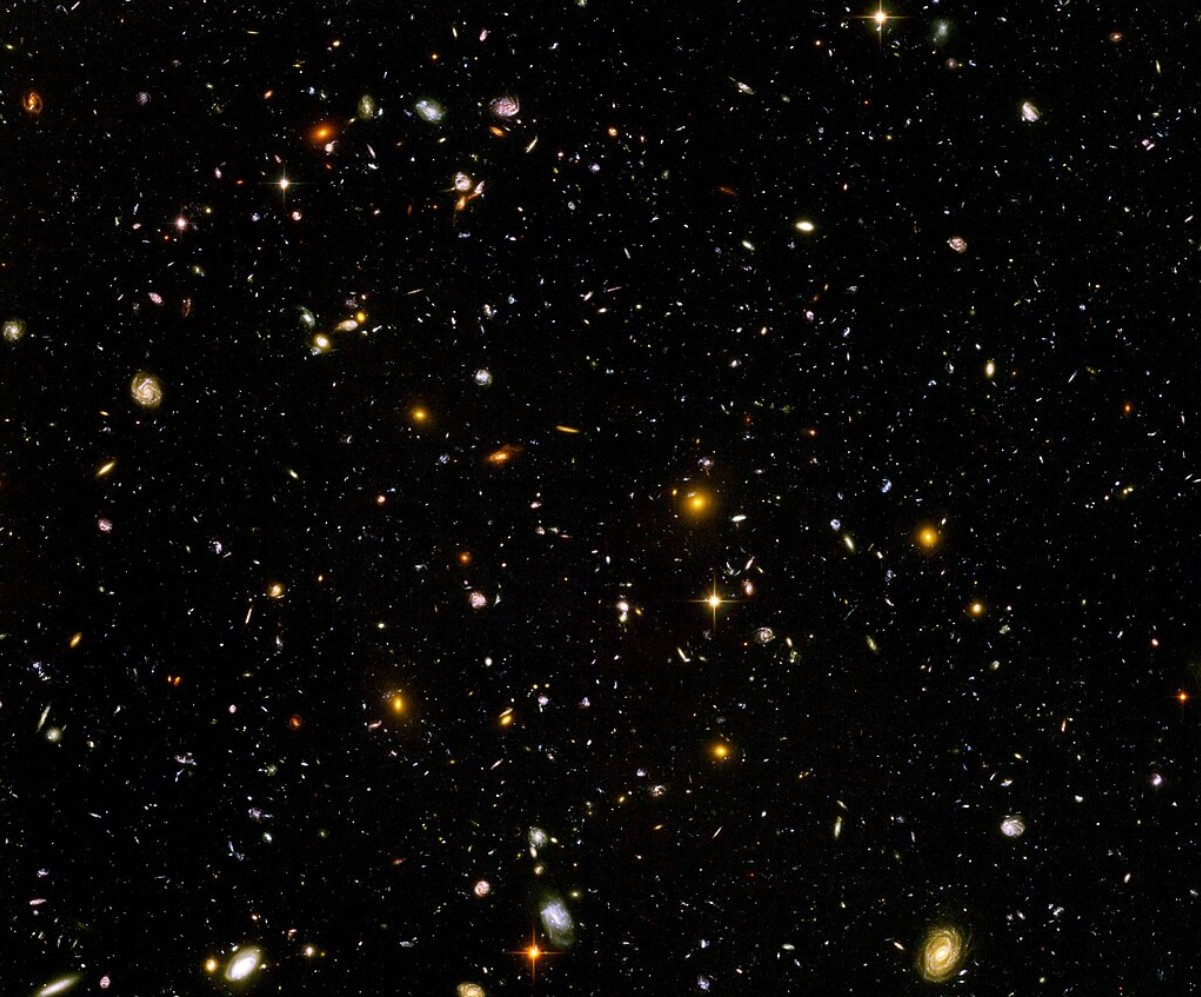
Source: Wikimedia
While regular matter is considered everything we can touch or see in the universe, ranging from rocks to stars, dark energy and dark matter aren’t a little more challenging to define.
What is Dark Matter?
Unlike regular matter, dark matter emits no light or energy and is essentially invisible to scientists.
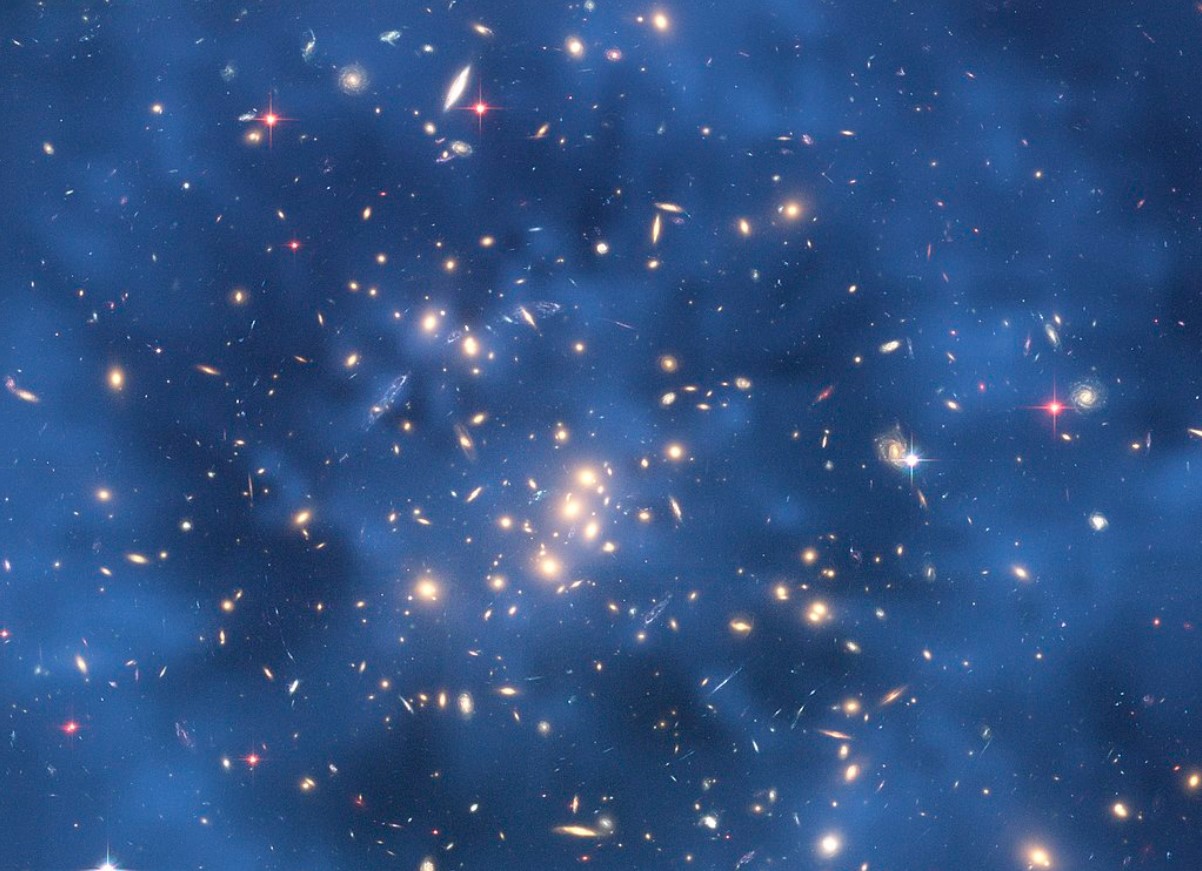
Source: Wikimedia
For decades, astrophysicists and scientists have proclaimed that it may make up over 80% of the matter in the universe.
New Study Aims to Rewrite Astrophysics
So, while it cannot be observed, scientists have long theorized its existence, as without it, the behavior of galaxies, stars, and planets doesn’t make sense.

Source: Freepik
Yet, according to a new controversial study published in The Astrophysical Journal, dark matter may not actually exist.
Physics Professor Back in the Headlines
Rajendra Gupta, a physics professor from the University of Ottawa, is the sole author of a paper that aims to dismiss the dark matter theory.

Source: @RajendraGupta/X
The professor is back in the headlines again almost a year after making a bold statement suggesting the universe is twice as old as once thought.
Gupta Refutes the Dark Matter Theory
According to Gupta, his work on the age of the universe led him to theorize dark matter doesn’t actually exist.
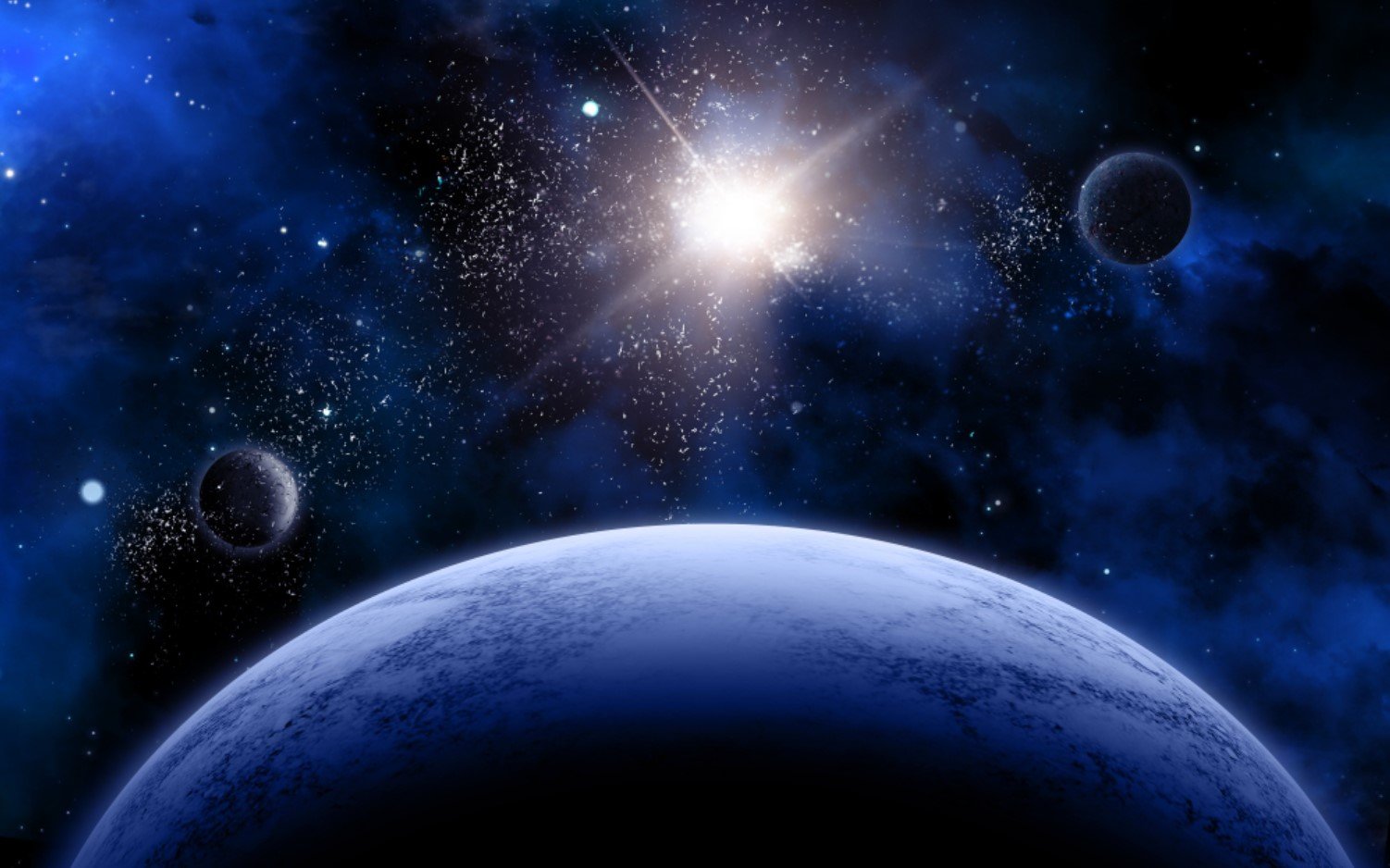
Source: Freepik
“The study’s findings confirm that our previous work about the age of the universe being 26.7 billion years has allowed us to discover that the universe does not require dark matter to exist,” said Gupta in a statement (via Yahoo).
Gupta Used Existing Theories to Denounce Dark Matter
In the study, the Ottaawa professor explains that he achieved his results by combining the “tired light” theory with the newer “covarying coupling constant.”
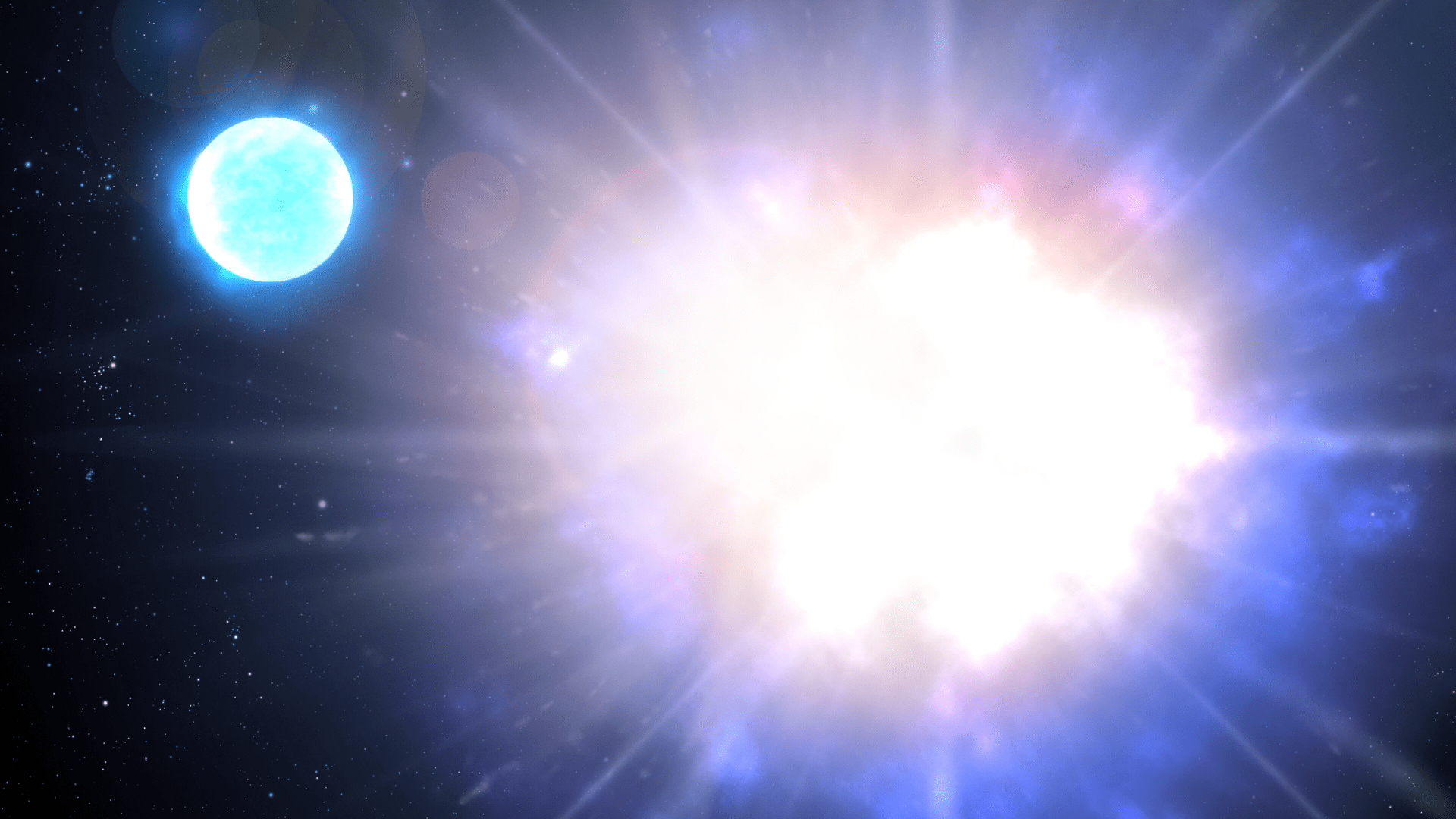
Source: NOIRLab, M. Zamani/Wikimedia Commons
Gupta’s results have challenged the traditional belief that the universe primarily comprises dark energy and matter.
Professor Works on Redshifts Data
The Ottawa professor revealed he analyzed a plethora of data centered on the distribution of galaxies’ low redshifts, which is known as the “tired light” hypothesis.

Source: Freepik
“Redshifts” is a term used to define light found in the red section of the spectrum.
The Weakening Forces of Nature
Gupta combines the two theories alongside his own interpretations and argues that there is evidence to suggest dark matter doesn’t have to exist for the universe to function.

Source: @RajendraGupta/X
“In standard cosmology, the accelerated expansion of the universe is said to be caused by dark energy but is, in fact, due to the weakening forces of nature as it expands, not due to dark energy,” said Gupta.
Papers that Question the Existence of Dark Matter
“There are several papers that question the existence of dark matter, ” said Gupta.

Source: Freepik
He continued, “Mine is the first one, to my knowledge, that eliminates its cosmological existence while being consistent with key cosmological observations that we have had time to confirm.”
Extraordinary Claims Will Be Met with Pushback
In every great leap made in the scientific community, the results appear so outlandish that considerable pushback is experienced.

Source: Freepik
Undoubtedly, Gupta will be met with backlash from many of his peers.
Gupta's Research Could Change Everything
While Gupta’s initial paper has undoubtedly garnered the attention of many in the scientific community, further research will need to be carried out before the masses will accept it.
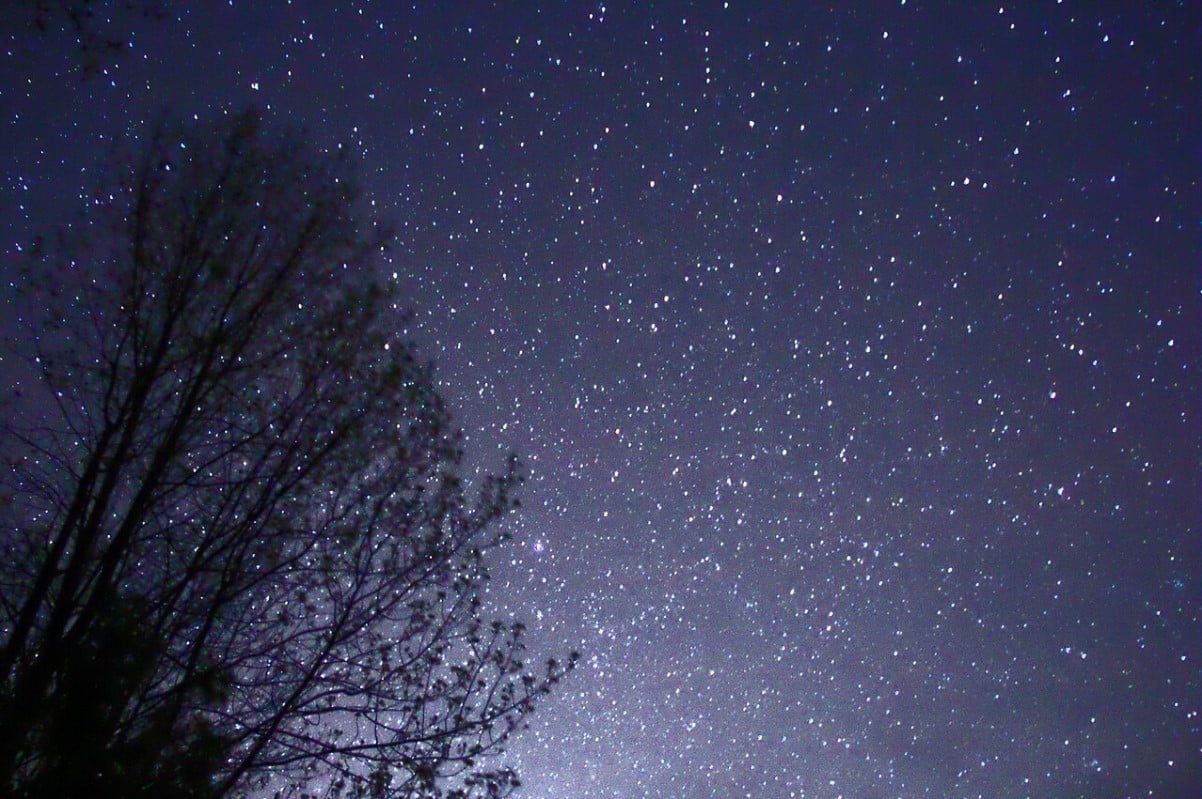
Source: Wikimedia
However, if the Ottawa professor can expand upon his theory with more evidence, it may rewrite everything physicists thought they knew about the composition of the universe.
